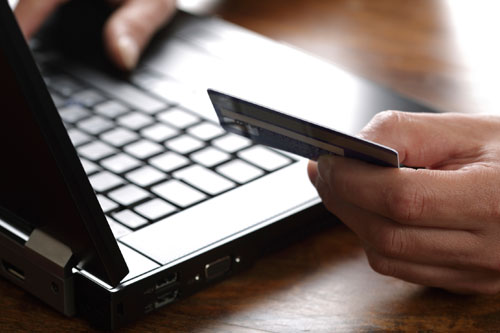If you’re anything like the millions of other people that invest money electronically, you are constantly checking to make sure all your financial information is secure. It may be an electronic stock exchange, or you could be investing in gold, or maybe some other precious resource.
Either way, security is of the utmost importance when you’re investing for your future over the internet. There are far too many hackers out there that would love to get their hands on your financial stats and information. Protect yourself and your investments. Here are a few tips to keep your personal information and personal finances… personal!
Strong password
A strong password is the most basic line of defense you have against unwanted intruders. You should make sure you choose a long password and use variations within your password to add strength. A password similar to this, PasSWord123!, is complicated and will be far more effective than something like your birthday. Also, don’t be silly and use the same password for everything. We know it’s easier to remember, but keep a small notebook or something hidden with all of your usernames and passwords if you have trouble with memory.
Don’t leave your Wi-Fi unprotected
In this highly web-based time, there is absolutely no reason why you should ever leave your home Wi-Fi network unprotected! Always set an obscure and detailed password for the network that you use most often. When you’re at home is when most of your personal information will be transmitted, so keep it safe! Also, when you are out at a cafe surfing the web, always have your firewall active, and always remember to close all active windows once you are finished.
Protect from internet fraud
To help protect you and your family from fraud, familiarize yourself with common signs of an online scam. If a deal sounds too good to be true, it probably is. If a window randomly pops up saying that you have won a large sum of money, it’s probably not a legitimate winning. Grammatical errors and misspelling of words are also hints that you might want to stay away from a site or pop up. A legitimate page would not put something right in your face like that, and they most likely would not print it if there were grammatical errors.
When you are visiting a new page, look for signs that that page is safe. If you see a little emblem of a locked lock before the name of the website you are visiting, then that page is safe. This is an indication that they encrypt their information. Also, grab a phishing filter for surfing. This will block any potentially “phishy” sites, and alert you to their fallacies.
